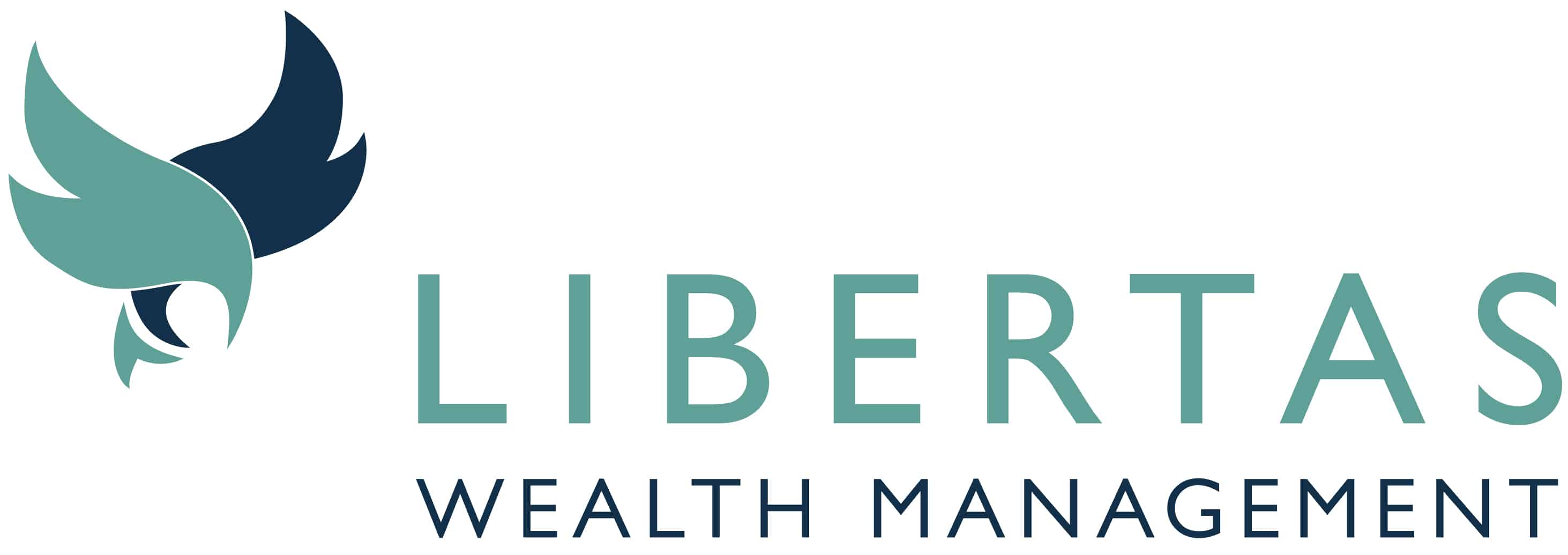Annual and lifetime limits
When it comes to managing money, one of the things some people find most difficult to understand is the tax relief they receive on payments into their pension. Tax relief means some of your money that would have gone to the Government as tax goes into your pension instead. You can put as much as you want into your pension, but there are annual and lifetime limits on how much tax relief you get on your pension contributions.
Tax relief on your annual pension contributions
If you’re a UK taxpayer, in the tax year 2019/20 the standard rule is that you’ll receive tax relief on pension contributions of up to 100% of your earnings or a £40,000 annual allowance – whichever is lower. Any contributions you make over this limit will be subject to Income Tax at the highest rate you pay. However, you can carry forward unused allowances from the previous three years, as long as you were a member of a pension scheme during those years.
There is an exception to this standard rule, however. If you have a defined contribution pension and you start to draw money from it, the annual allowance is reduced by £1 for every £2 income where adjusted income exceeds £150,000 – this is called the ‘tapered annual allowance’.
The Money Purchase Annual Allowance (MPAA)
In the tax year 2019/20, if you start to take money from your defined contribution pension, this can trigger a lower annual allowance of £4,000. This is known as the ‘Money Purchase Annual Allowance’ (MPAA).
That means you’ll only receive tax relief on pension contributions of up to 100% of your earnings or £4,000 – whichever is the lower.
Whether the lower £4,000 annual allowance applies depends on how you access your pension pot, and there are some complicated rules around this.
The main situations when you’ll trigger the MPAA are:
If you start to take ad-hoc lump sums from your pension pot
If you put your pension pot money into an income drawdown fund and start to take income
The MPAA will not be triggered if you take:
A tax-free cash lump sum and buy an annuity (an insurance product that gives you a guaranteed income for life)
A tax-free cash lump sum and put your pension pot into an income drawdown product but don’t take any income from it
You can’t carry over any unused MPAA to another tax year.
The lower annual allowance of £4,000 only applies to contributions to defined contribution pensions and not defined benefit pension schemes.
Tax relief if you’re a non-taxpayer
If you’re not earning enough to pay Income Tax, you’ll still qualify to have tax relief added to your contributions up to a certain amount.
The maximum you can pay is £2,880 a year or 100% of your earnings – subject to your annual allowance.
Tax relief is added to your contribution, so if you pay £2,880, a total of £3,600 a year will be paid into your pension scheme, even if you earn less than this.
How much can you build up in your pension?
A pension lifetime allowance puts a top limit on the value of pension benefits that you can receive without having to pay a tax charge.
The pension lifetime allowance is £1,055,000 for the tax year 2019/20. Any amount above this is subject to a tax charge of 25% if paid as pension, or 55% if paid as a lump sum.
Workplace pensions, automatic enrolment and tax relief
Since October 2012, a system has been gradually phased in requiring employers to automatically enrol all eligible workers into a workplace pension.
It requires a minimum total contribution, made up of the employer’s contribution, the worker’s contribution and the tax relief.
Disclaimer: The information provided in our website blogs is accurate and up-to-date at the time of writing. However, please be aware that legislative changes and updates may occur after the publication date, which could potentially impact the accuracy of the information provided. We encourage readers to verify the current status of laws, regulations, and guidelines relevant to their specific circumstances. We do not assume any responsibility for inaccuracies or omissions that may arise due to changes in legislation or other factors beyond our control.
If you would like any clarification, or have any questions, please get in touch.





